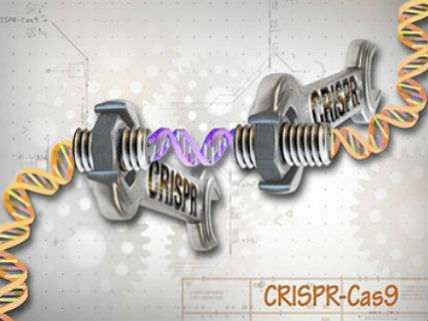Ronald Bailey Argues that Gene-Editing Human Embryos Is Ethical
And that bioethicists and scientists who say otherwise are wrong.

A bioethical firestorm erupted last week when Chinese researchers at Sun Yat-Sen University published research in the journal Protein & Cell detailing how they had tried to use the wonderful new CRISPR gene-editing tool to change the genomes of 86 human embryos. The Chinese scientists essentially ignored recent calls for a moratorium on editing human reproductive cells and embryos. The eventual goal is to use CRISPR to alter defective genes in embryos such that any subsequently born babies will be disease-free. Reason Science Correspondent Ronald Bailey argues that if using perfected CRISPR gene-editing techniques to cure disease or correct defective genes is moral, then it is immoral to slow progress toward achieving that goal.


Hide Comments (0)
Editor's Note: As of February 29, 2024, commenting privileges on reason.com posts are limited to Reason Plus subscribers. Past commenters are grandfathered in for a temporary period. Subscribe here to preserve your ability to comment. Your Reason Plus subscription also gives you an ad-free version of reason.com, along with full access to the digital edition and archives of Reason magazine. We request that comments be civil and on-topic. We do not moderate or assume any responsibility for comments, which are owned by the readers who post them. Comments do not represent the views of reason.com or Reason Foundation. We reserve the right to delete any comment and ban commenters for any reason at any time. Comments may only be edited within 5 minutes of posting. Report abuses.
Please to post comments
Mute this user?
Ban this user?
Un-ban this user?
Nuke this user?
Un-nuke this user?
Flag this comment?
Un-flag this comment?